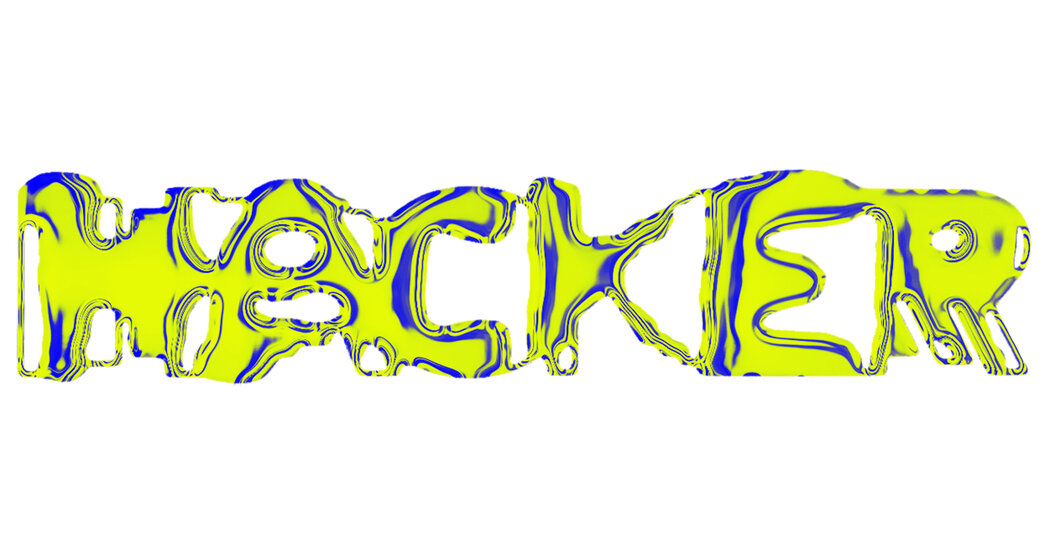A Hacker, by Many Other Names
In Word Through The Times, we trace how one word or phrase has changed throughout the history of the newspaper.
On Sept. 14, 1998, the reporter Amy Harmon covered a disturbance at her workplace: “A group calling for the release of Kevin Mitnick, the imprisoned computer criminal, commandeered The New York Times site,” she wrote. It was “the first time that hackers have penetrated the Web site of a major news organization.” (The website was secured later that day.)
The origin of the word “hacking” as it relates to interfering with data or a computer is often traced to M.I.T. in the mid-1950s. As the legend goes, students used the term to refer to pranks that involved meddling with technology and showed the cleverness of the prankster. Minutes from a meeting of the school’s Tech Model Railroad Club in 1955 included the word: A student requested “that anyone working or hacking on the electrical system turn the power off to avoid fuse blowing.” (“Hackers,” a 1984 book by Steven Levy, credits the club with shaping modern hacker culture.) The word “hacker,” or one who is good at computer programming quickly, was later added to The Jargon File, a dictionary of programming slang.
But “hack” has a far less thrilling origin story. According to Webster’s New World Dictionary, “hack,” when used as a verb, means “to give harsh, dry coughs” or “to make rough or irregular cuts.” In 1964, a Times article covering an art exhibit described one sculptor as “a real lively hacker of stone.” (The exhibition’s catalog also described him as “a strong and tender troll.”)
Today, the word “hacking” generally has a negative connotation, just as “hackers” generally have a bad reputation. (The Times’s stylebook notes that a hacker “originally referred to any skilled manipulator of software. It now connotes mischievous, malicious or illegal manipulation.”) But some can see the benefit of so-called white-hat hacking. In 2017, the technology reporter Kevin Roose pondered the topic in a Times article on ethical hacking: “What if the problem we face is not too many bad hackers,” he wrote, “but too few good ones?”
Both schools of thought may have…


